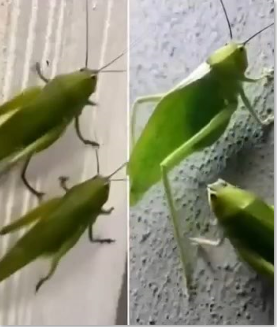
When a small insect appears indoors, most people brush it away without thought. Yet even a tiny visitor like the leafhopper can carry
a quiet message from nature. These delicate green insects may look insignificant, but they play a vital role in maintaining ecological balance.
Feeding on plant sap, leafhoppers become food for birds, frogs, and other creatures. Without them, the food chain would falter—proof that
even the smallest lives help sustain the larger cycle of nature. Their presence reminds us that everything in the natural world is interconnected.
Scientists also view insects as bioindicators, signs of environmental shifts such as climate changes or chemical exposure.
Finding a leafhopper indoors might subtly reflect what’s happening outside. Instead of reacting with insect spray, it’s worth pausing to reflect.
Perhaps it’s nature’s way of suggesting gentler gardening—less pesticide use, more native plants, and habitats where biodiversity can flourish.
So next time you spot a leafhopper on your windowsill, see it not as a pest but as a symbol of connection, reminding
us that every living thing, no matter how small, plays a role in keeping our planet in harmony.